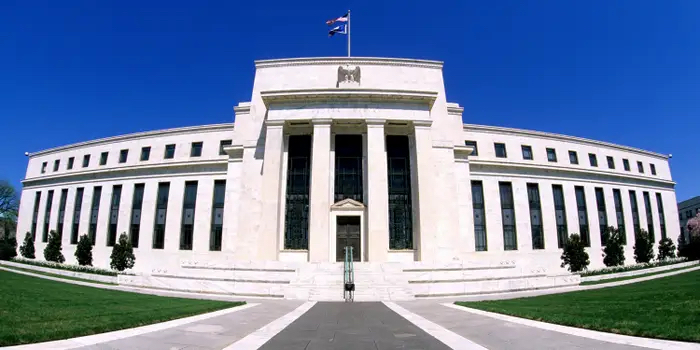The US Federal Reserve (The Fed) has finally rolled out its ‘FedNow’ instant payment system. FedNow will allow for real-time payment processing for both businesses and individuals which will streamline how payments are currently processed. This means paychecks, bill payments, and even government payments will all be processed and usable on the same day, all but eliminating the current 2 – 3 business day processing time we all currently experience.
The biggest win for the service so far is the fact that several of the nation’s largest banks have already committed to integrating the service within their systems. JPMorgan Chase and Wells Fargo are among the nearly 40 financial institutions to agree to use FedNow for their payment processing. FedNow doesn’t just change how big banks will process payments though, as any financial institution that chooses to participate will see funds being less scrutinized by way of the service.
“Launching the FedNow Service is an important step in the journey toward advancing instant payments throughout across the United States. We are excited to see how financial institutions build and innovate on the service over time to meet the growing demand of their customers for instant payments.”
Ken Montgomery, FedNow Program Executive
The single biggest advantage to the FedNow service is the fact that it is not currently subjected to standard banking hours, which means even if your bank is closed, any payment you send could still be processed. This is big news, especially for businesses that transact with the use of wire transfers, or for individuals who are paid using peer-to-peer payment transfers. FedNow is currently active, but it will still take a while before banks and financial institutions can fully integrate the service into their systems.
Either way, this is definitely a step in the right direction, as it will provide cash flow relief for banks, and will give individuals access to much-needed funds sooner than usual. The biggest remaining question is how many more banks will join, and how this will eventually affect third-party payment services like CashApp and Venmo.





